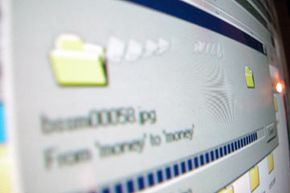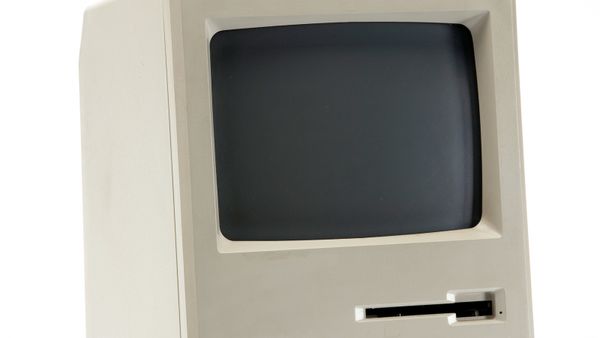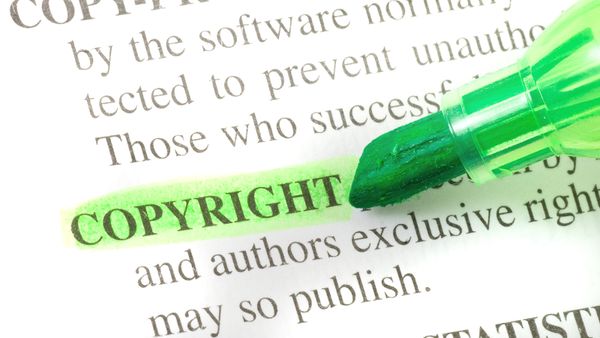You can find almost anything you want on the Internet. Music, movies, images, software programs, video games, and even entire books can be located and downloaded with a simple search and a few clicks of the mouse. Better yet, that content is readily available for free through popular file sharing Web sites and software programs. But does that mean it's legal to download and share?
In most cases, the answer is no.
Advertisement
File sharing itself is perfectly legal. After all, if you've ever accessed a spreadsheet on your office network, worked on a shared document in Google Docs, or posted your vacation photos to an online album for your friends and family to enjoy, you've engaged in file sharing. So for the most part, it's not the technology that's the problem; it's the nature of the files themselves.
How can you tell if a file is legal or illegal to share? The short answer is that if it's something you would normally need to pay for in a store or online, it's probably illegal to get it or distribute it for free [source: Computer Hope]. When you bypass iTunes, Amazon, Netflix or HBO and instead, get your music, movies and premium television shows for free through a file sharing program, you deprive artists and copyright holders of royalty payments that they would normally earn. And by downloading, uploading or otherwise sharing copyrighted works, you violate copyright law, which gives copyright owners the exclusive right to reproduce and distribute their work [source: U.S. Copyright Office].
In almost all cases, files that you acquire for free through a bittorrent site or a peer-to-peer file sharing network have been illegally shared, and it is illegal for you to download or upload them [source: Computer Hope]. This may include MP3 files and other music files; movies and other video files; photographs; pirated books and e-books; pirated video games or software applications; and TV shows, particularly shows that have aired on premium channels and are not otherwise available for free.
So are there any files that are legal to share? Yes, under certain conditions. But it's best to proceed with caution. We'll explain more on the next page.
Advertisement




